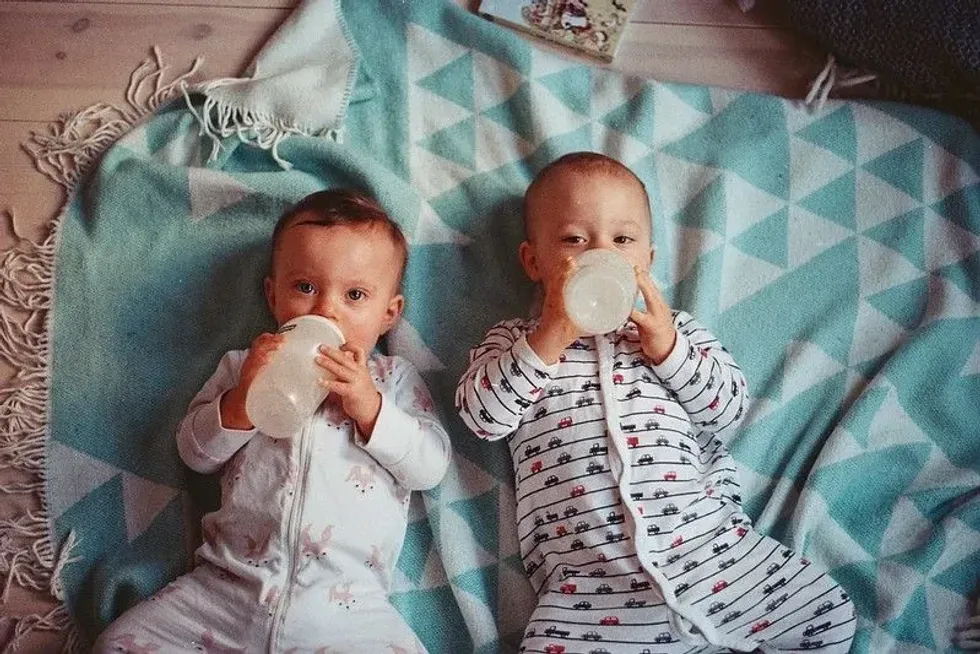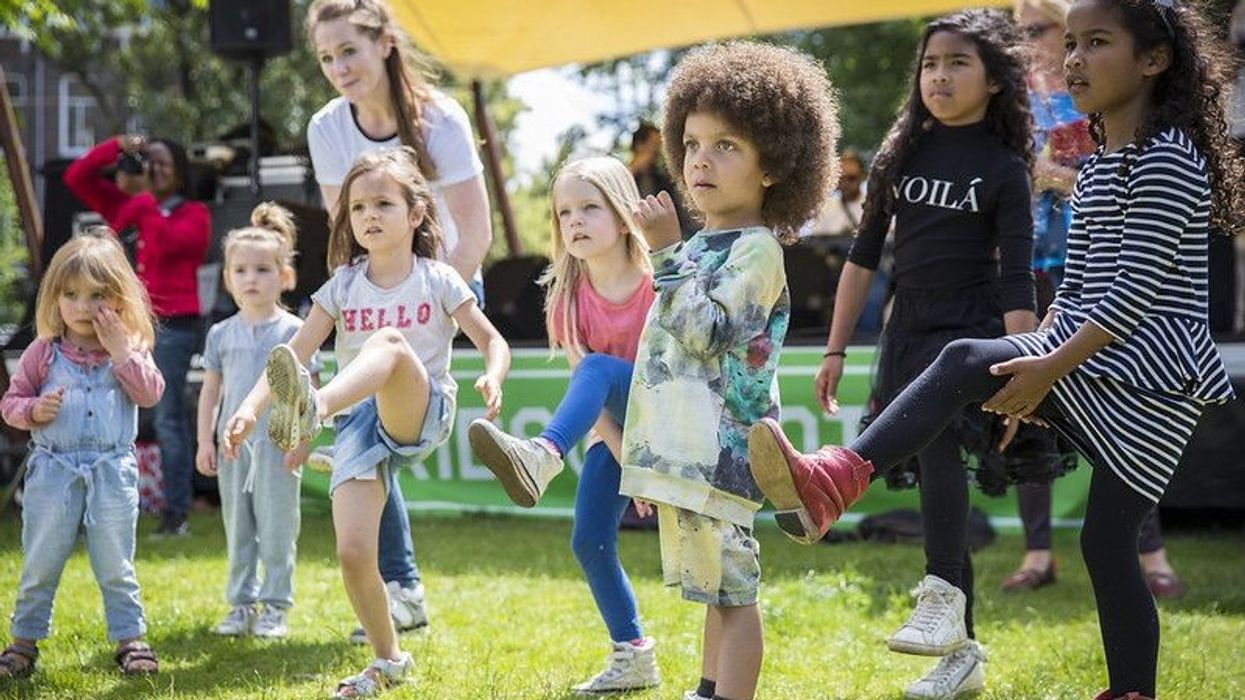Introducing bottles to a baby who is used to feeding at the breast can be a real challenge.
If you're breastfeeding your baby and want to also give them formula milk or expressed breast milk, it's important that you don't leave it too long to introduce the bottle. But introduce a bottle feed too soon and your baby might get 'nipple confusion' and forget how to breastfeed.
If you're reading this, you've probably found yourself somewhere between those two scenarios with a breastfed baby who just doesn't want to feed any other way. But don't despair – understanding why your baby will not take a bottle can help parents overcome this issue together.
Why does my baby not take a bottle?
The most likely explanation is that they simply prefer breastfeeding. Bottle-feeding requires a completely different kind of sucking action, which your baby has to learn.
How do I get my baby to drink from a bottle?
Try these tips for getting it right the first time.
Start early
Make sure breastfeeding is well-established first, so that your baby isn't confused by the bottle, but try introducing it before they are six weeks old.
But not too early
Avoid giving your baby a bottle too soon if you want to continue breastfeeding, because some babies 'go off' breastfeeding once they get the hang of it.
Time it carefully
Choose a time of day when your little one is alert and happy but not ravenous. Babies may be less likely to get used to bottle feeding if they're very tired or hungry.
Let someone else feed them
Babies may be less likely to accept a bottle if they associate you with delicious breastmilk! Let your partner or your mum share the load.

Don't stress
It's natural to get worked up, especially if you're planning to go back to work soon. But babies can pick up on stress, so it's important to remain calm.
Try and have a warm bath or a soothing cup of tea beforehand. Easier said than done, sometimes, but if you're getting anxious just put the bottle away and have another go another time.
Play music
Music doesn't just soothe you – it also helps your baby to relax, which increases the chances of them taking a bottle.
Wait until they're hungry
It's true that a ravenous baby might not tolerate a bottle but equally, there's little point even trying if they're not actually hungry or about to go to sleep. Watch for hunger cues and wait until your baby is ready to eat.
Try expressed milk
Express some breastmilk and give that to your baby via a bottle in the first instance so that the milk at least smells and tastes familiar.
Distract them
Try different methods of distracting your baby, such as singing.
Drip a little milk into their mouth
Whetting your baby's appetite with a drop of milk dribbled into the mouth can encourage your baby to start sucking.

Don't force it
If you're going back to work, the process of introducing a bottle can be fraught but don't force the issue – you might find your baby takes to a sippy cup nearer the time.
Attempt a dream feed
Lift your baby from the cot without waking them just before you go to bed and feeding them while they are asleep. It sounds strange but it's advice that sometimes works!
What to do if your baby is refusing a bottle
If you've already tried introducing them to a bottle and they just won't take it, give it another go again using these tips.
Leave home
You're less likely to get stressed if you can't hear what's going on, and remember that your baby's more likely to take the bottle if they can't hear, see or smell you nearby!
Try at different times of the day
If you've usually tried a bottle in the morning then try around evening time instead.
Use a different teat
Bottles come with different types of teat and it might be the case that the one you're trying is too fast or too slow. Replacing it with a different flow that might more closely match your own milk flow could help.

Buy a different bottle
Rather than persevering with one brand of bottle, try buying a couple of different types of bottle to see if they respond differently.
Change your environment
Your baby may associate a particular room with bottle feeding so move to a different room when you next try bottle-feeding.
Change your feeding position
Deliberately changing your feeding position so it doesn't remind your baby of being breastfed can help.
Persevere
You'll probably need to persevere for a little while. Contact your health visitor or GP if you think you still need some support or information. Never suffer in silence.
Try a dummy
Please hear us out – lots of new mums don't like the idea of introducing a dummy but the sucking action required for a dummy is similar to that required to drink from a bottle.

Try cup feeding
Go straight to cup-feeding at 6 months with a cup that's appropriate for the age and stage of development.
Get comfy
It's much easier to learn a new skill when you're feeling safe and comfy. Make sure you and your baby are warm enough and nestled in a favourite chair or cosy spot.
Check for allergies
A milk allergy can often be a cause of feeding problems – your GP will know all about this, so get in touch if you have questions.
Consider whether they're teething
Sore gums can stop your baby from wanting to feed. Check to see if they're teething and try again in a day or two.
Will my baby eventually take a bottle?
Probably! If you persevere, they're likely to get the hang of it eventually. If not, remember that you can go straight to cup feeding when your baby is 6 months old.












